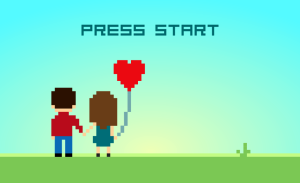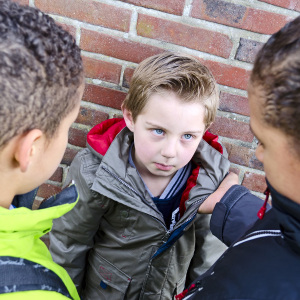Look at the video clip of Miley Cyrus’s song Wrecking Ball. Now tell me: what do you think? Probably something along the lines of: why is she naked pretty much all time?
But even though Cyrus’s clip might be shocking, it seems like we have hit a new peak in the emphasis on sex in pop-music. The peak is called Anaconda and its singer Nicki Minaj.
The facts
It is not only your grandpa or grandma who say that today’s music is all about sex. There are data to back up this claim. Psychology professor Dawn R. Hobbs shows in Evolutionary Psychology (a scientific magazine) that approximately 92 percent (!) of the songs that made it into the Billboard Top 10 in 2009 contained ‘reproductive’ messages, with ‘reproductive’ obviously being synonymous with ‘sex’. In other words: 92 percent of the pop-songs that became a ‘hit’, were at least partially about sex. But even though this research shows that today’s popular music is very much about sex, it doesn’t show that today’s pop-music is more about sex than music in ‘the good old days’.
But different research, by the LA Times, shows that the pop-songs of today are more about sex than ever before. The research shows that ever since the beginning of the 1990s, the word ‘sex’ starts appearing more and more often in singles that make it into the Billboard Year-End Hot 100 singles (see picture).
Hence we can safely say that today’s pop music is very much, or at least much more than two decades ago, about sex.
Problematic?
This is not to say that this trend towards ‘sex-songs’ is a problem. Maybe it is caused by noble motives, such as liberalizing talk about sex.
But it seems that the occurrence of the word ‘sex’ in today’s pop-songs has one and one reason only: songs about sex are more popular than songs about different topics. This is shown by the facts presented above. And since the music business is – like any other business – commercial, it aims to sell as much of its goods as possible. Hence it makes sense, from the perspective of money-making businesses, to produce songs that are about sex. Hence it appears that it is not nobility, but profit-seeking that is responsible for this trend.
Nicky Minaj with Anaconda
This trend might be a problem for you if you, being a consumer of pop-music, are looking for artists that provide you with an original perspective on society; views on, let’s say, the exploitation of the working class, or an argued for position on liberalizing sex. Views that make you think. So one could say that the sex-trend deprives today’s youth of the supply of original views that are so important for them to be able to develop themselves.
But what do you think?



